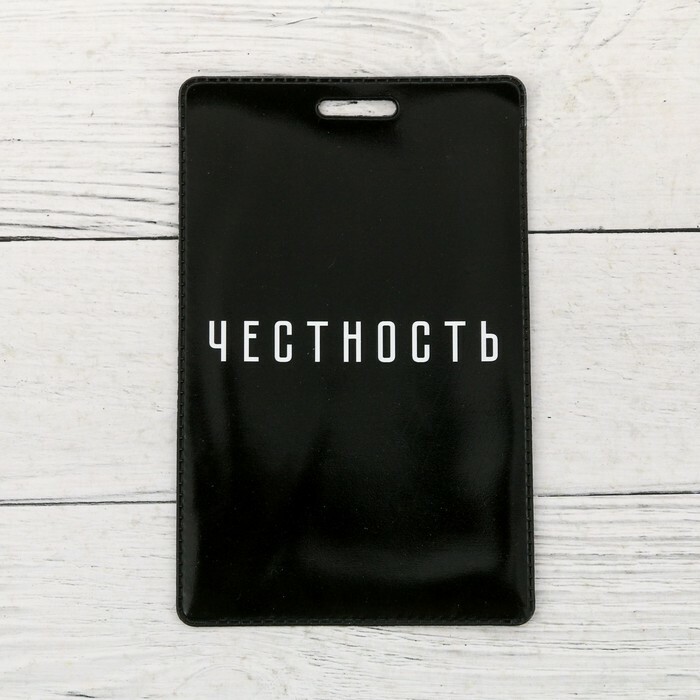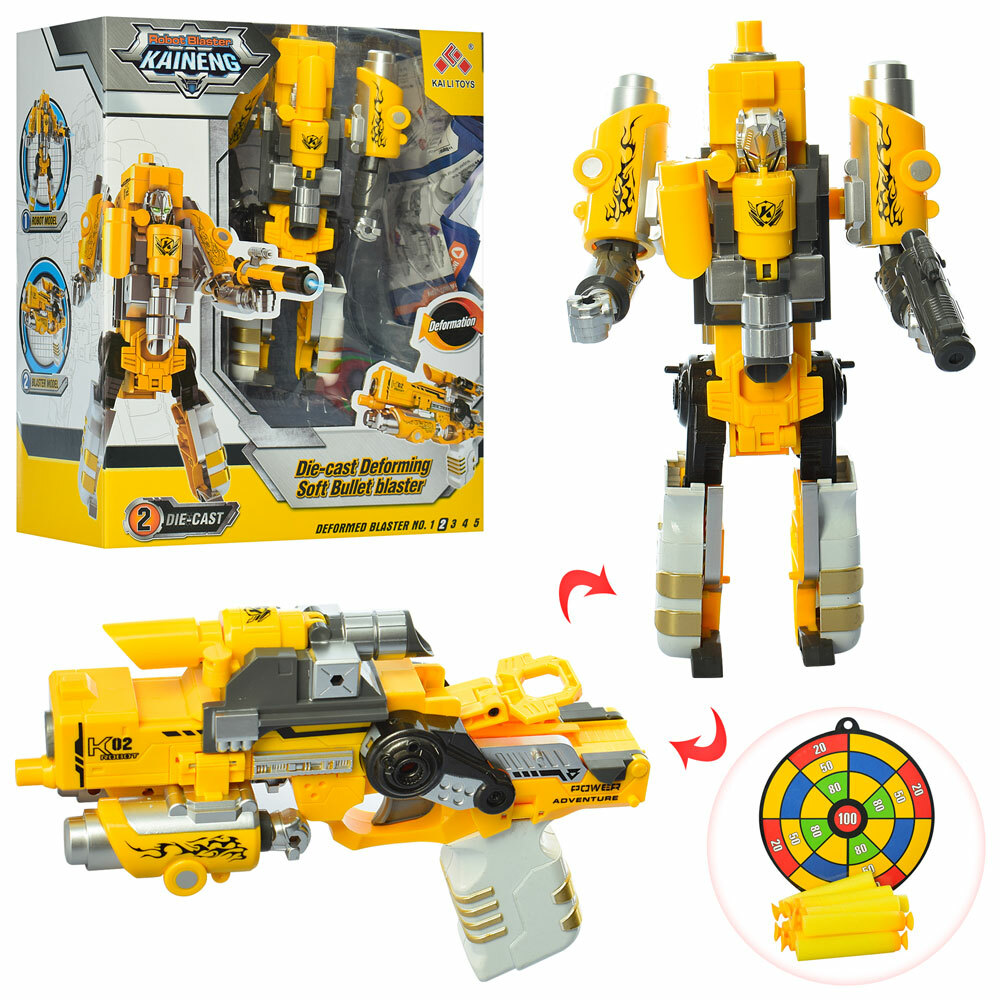Modern sometimes called "modern classic." Style is really a low-key mix of elements with a touch of luxury and minimalism ideas that are so popular lately. We can say that the modernist classics appeared on the ruins. At the beginning of the last century, the Old World includes wave popularizing history. For this area is characterized by an exact copy of the interiors that were fashionable in the distant past. In fact, this kind of "grandfather" of vintage and retro. Appeared and original versions of the eclectic mix of interiors, but in the design needed breath of fresh air. In contrast to historicism and Art Nouveau emerged as something conceptually new, unusual. Direction created on foggy Albion. That old-England gave us poets, writers, designers, illustrators and architects who became fathers of modernity. A powerful impetus to its occurrence has become a tradition of exhibitions, where were shown the latest inventions that subsequently introduced into the interiors. Kitchen design in Art Nouveau style accommodation for a relaxing, low-key people who are not alien to the use of the new, but their somewhat constrains the inner conservatism. This article will talk about how to properly arrange the room and what cunning hides "modern classic."
Content
- The distinctive style features
- Pros and cons of style
- The color scheme of modernity
- Lighting
- Materials and methods of finishing
-
The choice of furniture
- Kitchen set
- dining group
- Textiles, décor and accessories
- conclusion
The distinctive style features
Modern style is different from the others a number of features that allow you to create a unique interior compositions. The main features of the area are the following:
- The combination of angularity with smooth lines and rounded corners, which is based on geometric interior contrast.
- The minimum number of textile.
- The abundance of modern technology, which neatly fit into a strict "rim." Art Nouveau became the precursor of constructivism, in turn, gave rise to cutting-edge hi-tech. Here it is traced the similarity of these three styles.
- Only light decor. In this respect, a modernist in many ways similar to the minimalist concept.
- An original and bold combination of colors on pastel background wall decoration.
- Abundance glossy, shiny surfaces, which seem to flow into each other. Here is traced the birth of Futurism.
- Functionality and conciseness.

Also for Nouveau is characterized by large spaces, which let air into the room. In general, the interiors look stylish, elegant, but slightly aloof and reserved. Modern is ideal for a person who is not alien to modern ideas, but squeezed into the framework of uncompromising conservatism.





Pros and cons of style
Modern strict and laconic. It can be easily countered sweet and rustic Provence or too muddled eclecticism. This trend is not suitable for those who like to live, eye-catching interiors. Modern, like minimalism, it will be a real chance to "remedy the situation" for smaller spaces where every inch of gold. Due to gloss surfaces, a small amount of furniture, challenging but beautiful geometry, small kitchen seem larger. Although the closest "relative" in the stylistic Art Nouveau "family" is considered a classic, this area is devoid of frills and pretentiousness. Here the designer can safely be used not only expensive luxury wenge or ebony, but also plastic, glass, steel. You can create an expensive interior for luxury apartments, as well as a budget option for more modest studios. However, it is worth remembering that modernity does not tolerate cheap imitations, the quality of the style above all. Direction lacks strict framework. This is one of the main benefits. On the basis of common rules, you can create a content author cuisine, which is not like any other. At the same time we should not forget that it is necessary to select a special furnishings, the configuration of which must stand out from the typical interior parts. With a modern kitchen perfectly fits modern appliances. This is another advantage, because in many classical areas, technical progress has to benefit skillfully masked so as not to spoil the authentic atmosphere.
See also:Kitchen design with ventilation ducts

Another practical advantage can be considered a small quantity of textiles which quickly absorbs smell of cooking. The owners do not have to constantly wash large amounts of fabric decoration, which will free up more time for yourself.





The color scheme of modernity
In the design of the kitchen modernist designers tend to resort to conservative color combinations, that is, the situation turns out "warm". But the direction is open to experimentation. Background traditionally performed in light pastel shades of white, gray, gray, blue, beige, peach. Furniture facades typically has a contrasting shades of brown, from dark to Wenge and soft hazel. In large kitchens black headsets can be used or combined embodiment where the upper part is configured in the bright and the bottom in the dark shades. In bold design experiments to the situation added olive, coral, purple, blue, cherry and even yellow or lime. As a rule, these shades are made glossy facades kitchen units. "Acid" color began to use relatively recently. We can say that they are characteristic of the modern version of Art Nouveau, as it prevailed before in natural colors, the use of which designers inspired by the surrounding nature.






Lighting
Art Nouveau trying to let as much natural light into the room. In the rays of the sun will be a brilliant high-gloss surfaces kitchen addition. The windows are usually closed roller blinds, which allow you to adjust the intensity of lighting. On the ceiling of a central chandelier simple configuration. If the kitchen is complemented by a dining area, then it is replaced by a group of three or four small lamps, which are located above the table. For classical modernism is not typical abuse of decorative lighting. In modern versions of the interior emphasize the beauty of lights placed on the ceiling perimeter of the room or on the set. Worktop necessarily complement the spotlights that are parallel to serve as decorative lighting.
See also:design kitchen with bay window - photo layout examples






Materials and methods of finishing
Walls paste over self-colored vinyl wallpaper, coated with waterproof plaster or ceramic tiles. The latter option is preferable, since the material has high strength and serve more than one year. In a more refined interior is permissible to use an artificial or natural stone. For the flooring used ceramic, linoleum or laminate. The latter option, though it looks nice, but does not last a long time. Stylish solution is to use self-leveling floor, which combines the durability and aesthetic appeal due to the gloss surface. The ceiling plaster, paint or selected web tension. It does not focus, so choose classic white. Apron trim ceramic tiles, and even here you can use the surface with a thin, light pattern of intersecting flowing lines that remind interlacing tree branches or stems flowers.

The modern version of Art Nouveau ceiling permitted to use a complex configuration, which uses the frame, steering sheets of moisture-resistant drywall. This technique requires the zoning for the kitchen or dining area in the combined embodiments.





The choice of furniture
Furniture modernity itself become a focus and decoration in one. It should be chosen with great care, focusing on three main nuances:
- Functionality;
- The form;
- Material.

Furniture should be comfortable. Beauty at the expense of comfort - this is not about modern. Unusual shapes selected, creative, where there is a combination of smooth lines and sharp angles. The materials preference is given to either natural or high quality imitation.





Kitchen set
Kitchen set must have a smooth, glossy surface. With a refrigerator in this respect there are no problems, but the rest of the furniture parts specially lacquered, acrylic, film or enamel. In small kitchens set a pattern for the angular or parallel layout. In embodiments using the island spacious location. For classical modernism characterized by the use of wood in the furnishings. A modern variation of style prefers cheaper plastic. He has a clear advantage: a large range of colors, which does not have the timber, sandwiched within the brown gradation. Also for kitchen furniture in a modern style characterized by the use of the combined type storage system. In this case, half of boxes hidden behind doors, and some will remain open. They are usually placed meager interior decor.
See also:At what height to hang the hood






dining group
For registration of a dining area, a kitchen adjacent to the optimal one for this becomes a bar. When the island and peninsular planning on it as a cooking surface (one of the sides of the triangle). High metal chairs complement the furniture set. Table top may be made from high-quality plastic, glass, or stone (natural or simulated). If you still prefer the conventional table, its form should stand out from the usual framework. Choose a round, semi-circular or square versions, but with rounded corners.

The bar counter is the ideal solution for zoning studios, where the kitchen flows into the living room.

Textiles, décor and accessories
As mentioned above, in the Art Nouveau textile use little. Curtains selected for two or three colors lighter color finishing walls. They are complemented by a translucent, weightless tulle that day lets maximum light in the room. In current embodiments utilize Roman, Japanese roller or panel curtains. Decorative filling very ascetic. It is enough to hang a clock or a mirror on the wall, home gallery at the entrance, or a pair of sconces. Put on the shelves simple vases, plates in the supply of indoor plants, container with fresh fruit or pots with spices. Tools for (ladles, spoons, spatulas, whisks) can hang in a row on a special metal handle, which decorate kitchen apron.






conclusion
Nouveau - a universal trend. It can be implemented in any room of the apartment: bedroom, living room, bathroom, hallway. Perhaps the only exception will be only children, where austere interior seem too out of place. There are two versions of modernity: classical and modern. The first tends to the styles of the predecessor and the second is like a well-kept high - tech. Both options are popular in design.


